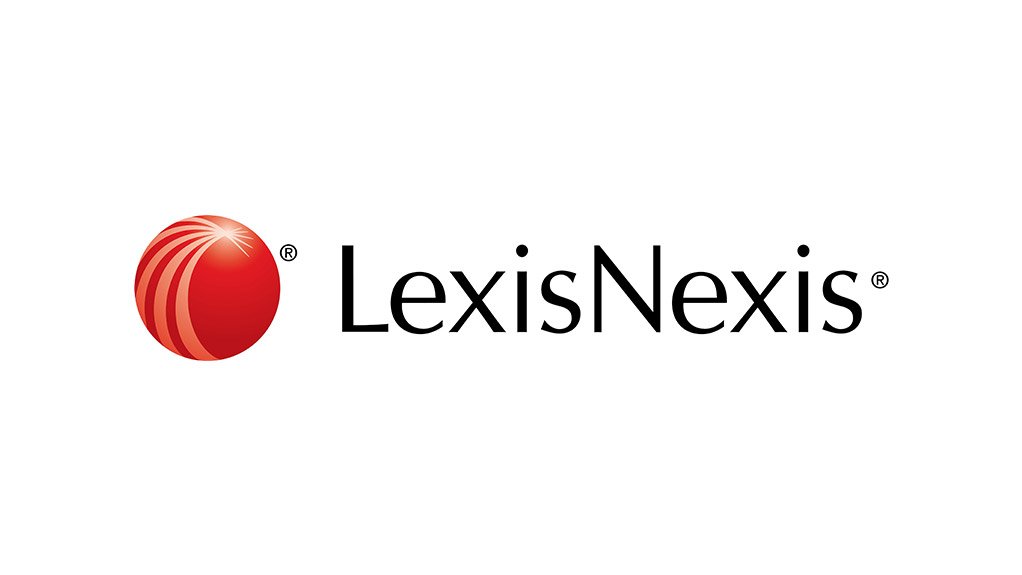Companies evolve and so do their needs. More often than not, third parties are essential for organisations to function and meet their own outputs. Introducing a supplier into the company’s mix should, therefore, be treated as a new ball game simply because every supplier has its own unique selling points and set of challenges. Companies must have a solid understanding of their suppliers before onboarding them, as misinformation or lack of information can have significant impact on reputation and credibility in the long run.
Once a supplier has been identified, the process of onboarding follows. However, supplier onboarding need not be a complicated, intimidating process with the employment of the following procedures:
Employee training: Firstly, employees tasked with onboarding must be adequately trained to successfully onboard a supplier. Training will ensure the employee confidently approaches the task because he/she is prepared for the in-depth process ahead.
Have an application/approval process: Compile an evaluation memo based on the organisation’s requirements and request relevant feedback from suppliers to eliminate time wasting and potential for fraud. Requirements could include a prequalifying set of questions, decelerations on their business, VAT and BEE statuses, bank verification and property ownership. Once feedback is received, measure the supplier based on their results against the requirements. While the goal is to obtain comprehensive information, also make sure that the application process is simple enough to maintain supplier cooperation.
Grade supplier against lists – Risk focused checks will ensure the worst-case scenarios are avoided. Firstly, screen the supplier against internal checklists, which would include names and details of organisations that are disqualified from future business dealings or suppliers who have defaulted in the past. Grade the supplier against relevant local legislation, which includes the King IV; BEE Codes; Companies Act; Public Administration Act; Public Finance Management Act; Municipal Finance Management Act; National Treasury Regulations and Guidelines and the Prevention and Combating of Corrupt Activities Act. Global legislation includes The Bribery Act affecting the UK and all Commonwealth countries and the Foreign Corrupt Practices Act enforced by USA. Remember to also evaluate them looking into their performance history, whether they are credible, have a good track record of delivering on promises, are associated to politically-exposed people and abide by an ethical code of conduct.
Screen: Screening suppliers and employees will enable you to determine potential conflicts of interest, hidden or undisclosed risk factors or other opportunities for possible fraudulent activities. Red flags to look out for include:
- Employee involved in fraudulent transaction
- Employee being a director of an active vendor
- Employee being a co-director of an active vendor
- Employee co-owns property with a director of an active vendor
- Vendor director/s linked to other vendors
- Vendor sold a property to an active employee
- Vendor listed on restricted supplier database
- Vendor director listed as active government employee
- Vendor on restricted list operating under another name
- Pass-through schemes
- Counter bidding
- Property transferred to employee as compensation
- Fraudulent banking details presented
- Vendor no longer in business or filed for liquidation
- Vendor director/s is an active employee
Onboard: Once satisfied with the results, the last step is to add the supplier to the organisational list of suppliers, where buyers can do their jobs with peace of mind. But remember, ongoing supplier monitoring is vital for business peace of mind!
Designed specifically to assist with vetting and screening during the procurement process is Lexis® ProcureCheck. The solution is tailor-made for the South African market to assist procurement, compliance and forensic auditing departments in their procurement vetting, supply chain audit and supplier management processes.
With Lexis® ProcureCheck, supplier vetting can be conducted effortlessly on an ongoing basis using advanced functionality to guide you through a practical supplier vetting and escalation process as accurately and easily as possible. Comprehensive employee vetting against leading South African datasets helps to identify business interests and property ownership of individuals within your organisation and, when cross-matched against your supplier database, can also help to identify connections that pose a financial and reputational risk to your business.
For more information, https://www.lexisnexis.co.za/lexisprocurecheck
EMAIL THIS ARTICLE SAVE THIS ARTICLE ARTICLE ENQUIRY
To subscribe email subscriptions@creamermedia.co.za or click here
To advertise email advertising@creamermedia.co.za or click here











